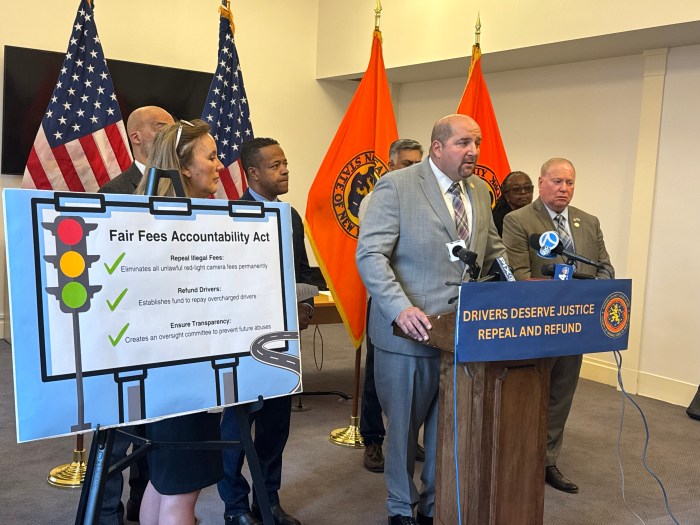So much has already been said about Robin Williams’ death by suicide that there really isn’t much left to say. While shining a light on the serious issues of substance abuse, mental illness and suicide helps to remove the stigma attached, journalists and radio and TV personalities have an obligation to their readers, viewers, etc. to report the news in a responsible way. Unfortunately, this does not always happen.
I heard a DJ on the radio say that he heard that the people who were close to Robin Williams are now saying that warning signs of suicide were there. The DJ then went on to ask the question, “why didn’t those people get him some help?” It is public knowledge that Robin Williams was seeking help for both his addiction and his severe depression. However, “help” doesn’t fix the problem overnight or miraculously make a person feel instantaneously good again. “Help” requires hard work over a period of time. Sometimes when a person is in such a depressed state, they start to feel hopeless, which means that they don’t believe there is any hope that things will ever get better. At that point, they may decide that asking for or accepting further “help” will not do any good. They just want to do something that will end the pain.
Another problem with that question is that it implies that those closest to Robin Williams are somehow to blame for what happened. People who are bereaved by suicide feel a variety of emotions, guilt being one of the strongest ones. The truth is that none of us, no matter how much we think we matter or how influential we think we are, have enough power to cause another person to take his or her life. However, not being able to comprehend exactly what the person who died by suicide was feeling, leaves those closest to them wondering what they could have done differently to prevent the death by suicide. Questions like this only add to the guilt those bereaved by suicide already feel.
I realize that what this DJ said was in no way meant to be accusatory or hurtful to those closest to Robin Williams. I bring it up simply to point out that the issue of suicide is not a simple one and our choice of words when someone dies by suicide is very important.
The most important message from this tragedy is that “help” is available. The first step is knowing when and where to find the help. A good way to begin the helping process is to reach out to Long Island Crisis Center’s 24/7 hotline at 516-679-1111. It is free, anonymous and confidential. Or call the National Suicide Prevention Lifeline at 1-800-273-8255 if you’re outside the Long Island area.
There is no need to wait until you get to the point where you feel hopeless. There is no need for family or friends to feel hopeless about getting help for someone they care about.
Theresa Buhse
Associate Executive Director, Long Island Crisis Center



























